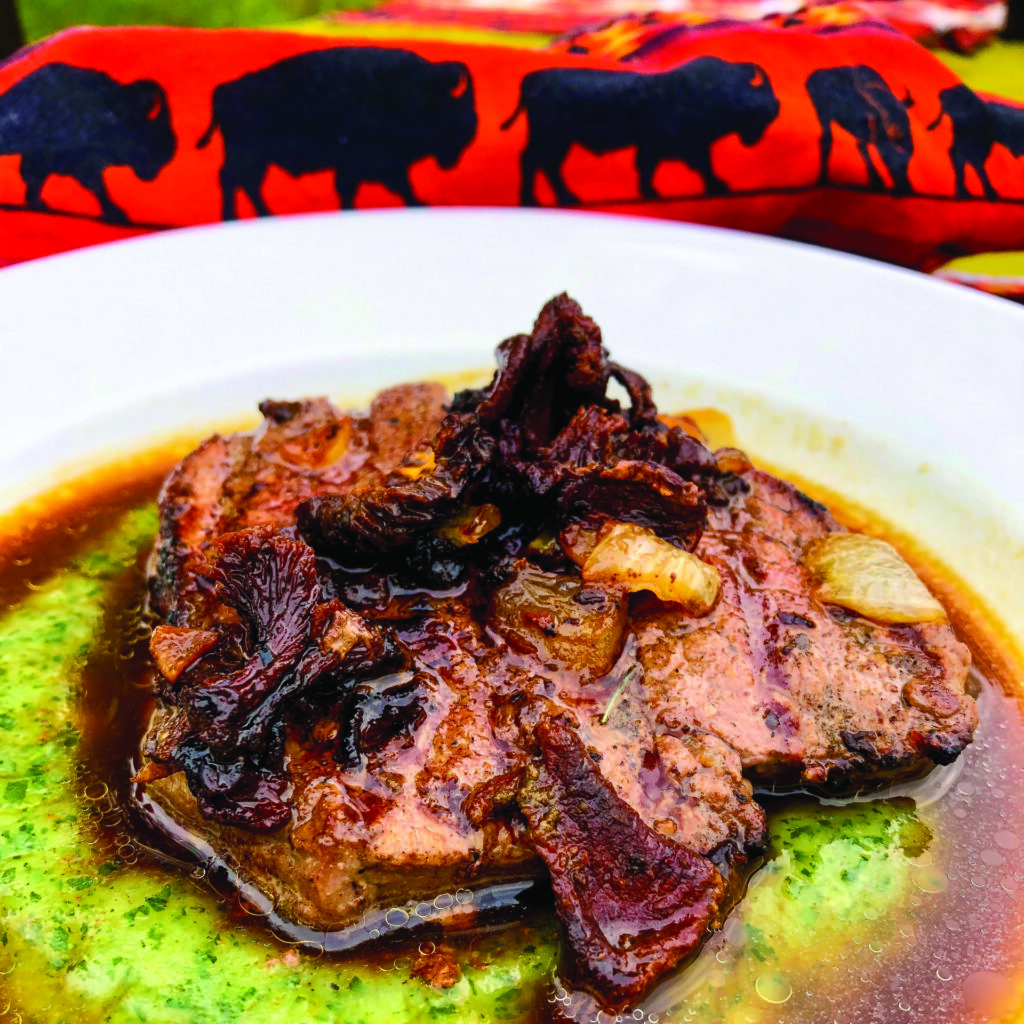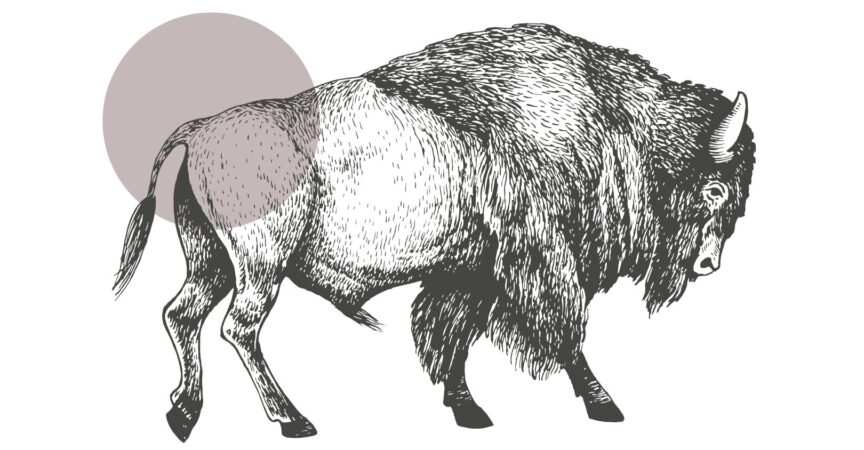From Ignored to Adored
Canada’s original cuisine is trending, and Indigenous chefs are ready to teach, share and help the rest of us understand a different approach to food.

MENU in conversation with Chef Jenni Lessard, Interim Executive Director of Indigenous Culinary of Associated Nations (ICAN).
Indigenous Culinary of Associated Nations (ICAN) is a groundbreaking initiative that brings to the forefront the rich and diverse culinary heritage of Indigenous peoples across North America. This visionary organization is dedicated to preserving and promoting Indigenous food traditions, ingredients, and cooking techniques, while fostering a deeper understanding and appreciation of Indigenous cultures.
At the heart of ICAN’s mission is the celebration of the interconnectedness of food, culture, and the environment. The organization collaborates with Indigenous chefs, farmers, and food producers to showcase flavours and culinary practices passed down through generations. Through events, educational programs, and partnerships, ICAN aims to create a platform for Indigenous voices in the culinary world, highlighting the importance of sustainability, food sovereignty, and cultural preservation.
Under the dynamic leadership of ICAN’s Board of Directors and Interim Executive Director, Chef Jenni Lessard, the organization has embarked on a mission to connect, influence, and share community through genuine Indigenous food experiences.
As Restaurants Canada looks forward to the first Indigenous Pavilion at RC Show 2024, it’s clear that ICAN is set to make a profound impact.
MENU shares a discussion on the vibrant world of Indigenous cuisine and traditional ingredients with Chef Jenni Lessard.
MM: How has Indigenous culinary and F&B innovation evolved over recent years?
Jenni Lessard: Over the past decade, Indigenous cuisine has finally been given a seat at the table. First Nations, Inuit and Métis chefs are being widely sought out for their skills and knowledge. Instead of restaurants and venues just adding dried cranberries or squash to the menu, they are reaching out to include our voices to help tell an honest and delicious food story.
Indigenous cuisine isn’t homogenous. Each community has their own specialties and methods of harvesting, processing and preserving foods that can result in a transformative dining experience in a restaurant setting or out on the land.
Our chefs and restaurateurs are also creating their own culinary experiences. Inez Cook’s Salmon N’ Bannock in Vancouver, which just won the Indigenous Tourism Association of Canada’s first-ever Indigenous Culinary award, is an example of this. The front and back of house teams are Indigenous people who are sharing their culture with guests while reconnecting with it themselves.
MM: What is a “genuine Indigenous food experience”? How does Indigenous culinary differ from other cuisines?
JL: A genuine Indigenous food experience isn’t just a collection of ingredients or a “theme”. When we share our recipes and menus, we are sharing a part of us and our living history. While this is also true for other cuisines and cultures, the treatment of Indigenous people in Canada makes the preservation and presentation of our authentic food ways critically important.
In Indigenous tourism there is a saying, “Nothing about us, without us.” That refers to the practice of non-Indigenous operators profiting from showing guests our cultures, without actively involving us in the process.
To do the same thing with our cuisine amounts to another form of theft and appropriation.
This is a large part of why addressing food sovereignty issues, mentoring youth and growing our network of chefs and cooks across the country are ICAN’s top priorities.
MM: There’s been a lot of buzz about the Indigenous Pavilion at this year’s RC Show. What should Show attendees expect to experience and what do you hope they’ll learn or take away?
JL: Indigenous Culinary has been part of RC Show in the past, through panels and the culinary competition, but the addition of the first ever Indigenous Pavilion allows not only chefs and cooks to be showcased, but also
the food and beverage producers who are championing Indigenous ingredients, stories and flavours. I hope Show attendees ask questions, share dialogue and come away with perhaps a different perception of how Indigenous foods can look and taste!
MM: Speaking of which, we’ve heard whispers about ICAN’s special bison dishes being featured in the RC Pop Up Experience and Breakfast With Champions. What led to the decision to showcase bison?
JL: Our protein sponsor this year is the Canadian Bison Association. The menu items that ICAN has created for the various food activations at the show all feature this culturally significant meat. For First Nations and Métis groups across the Plains, bison once provided almost everything we needed to survive and thrive, from tools to clothing to food.
Many of our wild harvested, traditional foods—like moose, caribou, beaver, muskrat, duck and rabbit—are considered illegal to serve outside our communities. When we hold events for the public, such as our Taste of Turtle Island, we either have to use farmed versions of these proteins, which of course taste different from those harvested on our lands and often come from outside the country. This makes it difficult for us to accurately showcase the foods of our Nations. Bison, however, can help us tell a part of our food story in a genuine way. I didn’t grow up eating bison, as I was raised in Northern Saskatchewan, but when I cook, serve and eat it now, I feel a deep connection to my Métis roots on the Plains.









